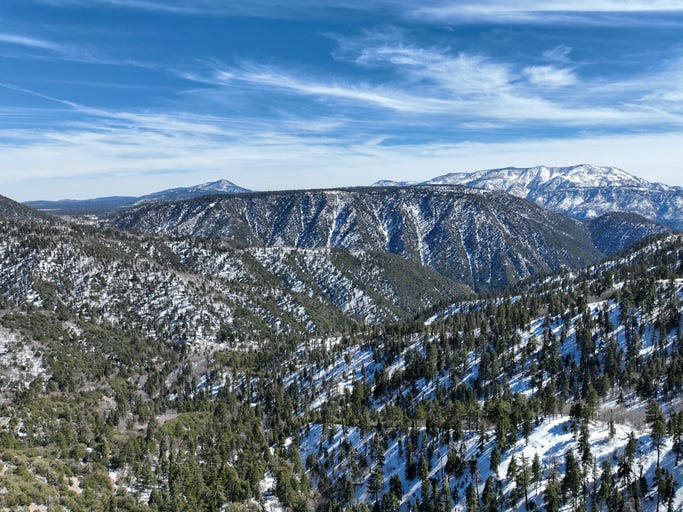
SAN FRANCISCO (KCBS RADIO) – As record-high temperatures are reported in the U.S. this summer, there’s a very different scene at the Sierra: snowpack that just won’t melt.
At the same time, experts believe we are getting close to failing to meet a key target that keeps global warming in check. According to the Desert Sun, extreme weather in the Pacific Northwest is linked to climate change and global warming.
For more, stream KCBS Radio now.
“The target of keeping long-term global warming within [2.7 Fahrenheit] is moving out of reach, climate experts say, with nations failing to set more ambitious goals despite months of record-breaking heat on land and sea,” Reuters reported this week.
“We’ve run out of time because change takes time,” said Sarah Perkins-Kirkpatrick, a climatologist at Australia’s University of New South Wales, per the outlet.
Data from the Copernicus Climate Change Service indicates that this May was tied as the joint second warmest on record. While European temperatures were largely average, Canada, the northern US, and certain regions over the Pacific saw significantly higher temperatures.
In Canada, warm temperatures have contributed to a more active wildfire season than usual, and smoke from those wildfires has blanketed skies in the northern U.S. Earlier this year, the Pacific Northwest saw extreme winter weather that has resulted in the lingering mountain snowpack in the Sierras.
“We are just skipping the Sierra and then heading all the way to Canada and then going sober through the Sierras because of all the snow and how big the water crossings are right now with all the snowmelt,” said a hiker that joined KCBS Radio’s Bay Current podcast for its latest episode. “We decided it’d be safer. We really want to swim in the lakes, so we can’t do that right now, through all frozen.”
These mountains may be snowy now, but some research indicates they could lose around 45% of their snow by 2050.
As hikers in Northern California are dealing with snow and frozen water, further south, hot temperatures have been linked to algal blooms that are killing sea lions and dolphins of the state’s coastline. Dead fish are also washing up on shore in Texas.
On Friday, the White House released a report that calls for increased research into climate interventions, particularly related to solar radiation.
DOWNLOAD the Audacy App
SIGN UP and follow KCBS Radio
Facebook | Twitter | Instagram


